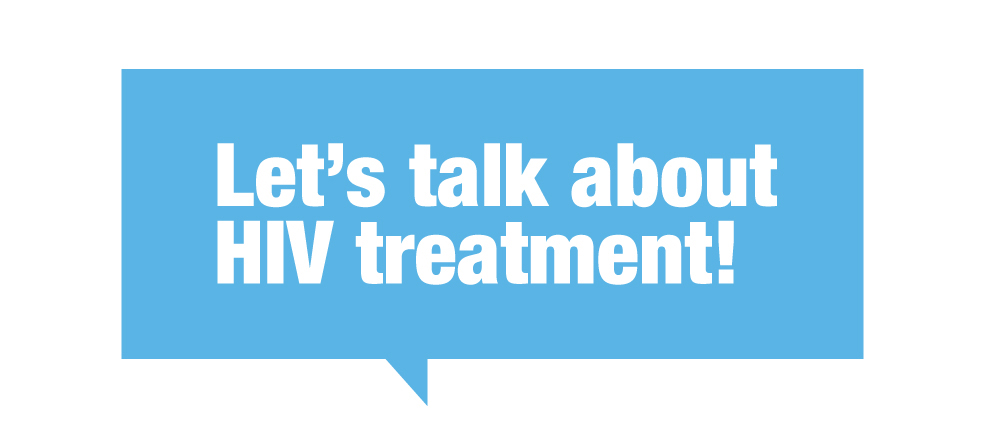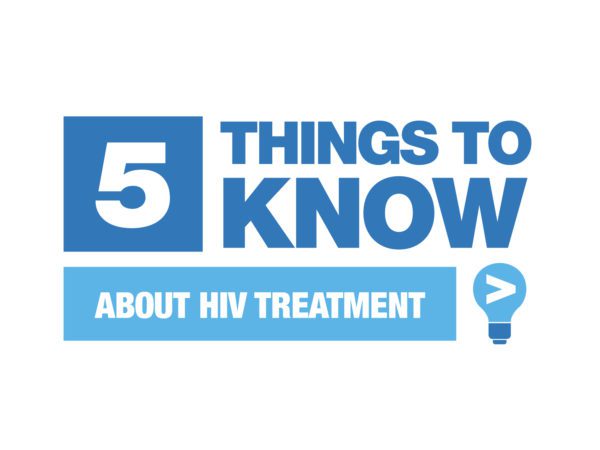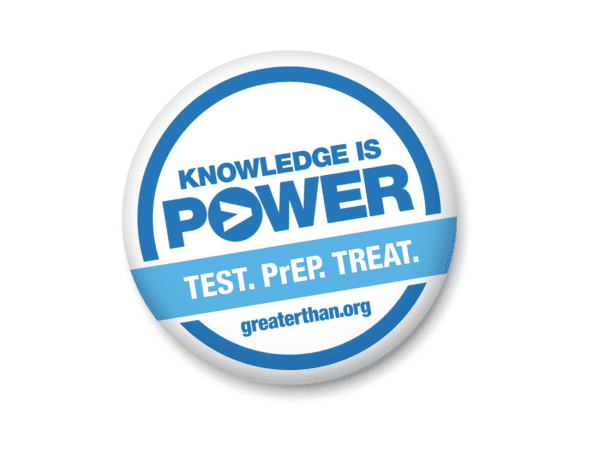Getting into Care
Whether you (or a loved one) is newly diagnosed, or have been living with HIV for a while, the most important thing is getting connected to care and starting treatment. HIV treatment both keeps people with HIV from getting sick and prevents the spread of the virus to others.
Even if you do not have insurance, or are underinsured, there are options to get the medical care and medications you need to stay healthy. You can also get help with other social support needs, such as housing assistance, mental health care, dental care, substance abuse, and other services.
The Ryan White HIV/AIDS Program, along with its AIDS Drug Assistance Program or ADAP, provides primary medical care, medication, and essential support services to low income people with HIV across the U.S.
Additionally, under the Affordable Care Act, or ACA, people with HIV can now buy affordable coverage in the health care marketplace. Financial assistance may be available. In some states, coverage may be available through expanded Medicaid programs.
Find out more about these programs and where to go to get care.
Frequently Asked Questions
Ryan White / AIDS Drug Assistance Programs
The Ryan White HIV/AIDS Program works with health departments and local community-based organizations to provide HIV medical care and other support services for people living with HIV who have no insurance or are underinsured.
The AIDS Drug Assistance Program or ADAP is part of the Ryan White HIV/AIDS Program. It helps covers the cost of HIV-related prescription medications for low- to moderate- income people who have limited or no prescription drug coverage. Each state operates its own ADAP, so eligibility may vary from state to state, as well as other program elements.
ACA Health Insurance Marketplace
For those who do not have insurance through an employer or other source, the Affordable Care Act or ACA (also known as “Obamacare”) provides more options to get coverage in the Health Insurance Marketplace and, in some states, through expanded Medicaid programs.
Even if you had problems getting insurance in the past, the ACA ensures you can now get covered. You cannot be denied coverage or charged more because of your HIV status, or any other pre-existing condition. Additionally, plans sold under the ACA also provide an essential set of health benefits so you know what you are buying.
Many states use ADAP funds to help clients pay for health insurance in the marketplace. Financial assistance may also be available depending on income.
Find out about options to buy affordable health insurance in the ACA market place. You can also get information about Medicaid, Medicare and Ryan White / ADAP in your state, go to Health Coverage, HIV & You.
Medicaid
Medicaid is the nation’s health insurance program for people with lower incomes who are U.S. citizens or have been legal residents for at least five years. Eligibility for is based on having a low income, though the level varies by state.
Some states also require that you fall into a specific category of eligible people, such as pregnant women, parents of dependent children and people with health conditions serious enough to be classified as having a disability. Many people with HIV qualify as disabled if their condition has progressed to an AIDS diagnosis.
If your state expanded Medicaid as part of the Affordable Care Act, or ACA (also known as “Obamacare”), the eligibility criteria may be broader, including adults without dependent children. You no longer need to have an AIDS diagnosis, or fall into another category to qualify for Medicaid. In your state, you can qualify based on being low income and meeting residency requirements. Income eligibility varies from state to state.
You can apply and enroll in Medicaid any time of the year. Find out about the Medicaid program in your state, go to Health Coverage, HIV & You: Find Your State.
Medicare
Medicare is the federal health insurance program for seniors (65 or older) and younger people with disabilities. To be eligible, you must be a U.S. citizen or legal resident for at least five years.
If you will soon become newly eligible for Medicare because of age, you can sign up during a seven-month period that starts three months before the month you turn 65 and ends three months afterwards.
If you are under 65 and disabled, you can sign up for Medicare during the seven-month period that starts three months before your 25th month of getting benefits and ends three months after your 25th month of getting benefits.
Existing Medicare policyholders can change plans during an annual open enrollment period at the end of the year.
For more about Medicare, including how to sign up/change plans, what it covers, supplemental coverage, and more, go to Medicare.gov or AARP.org.


